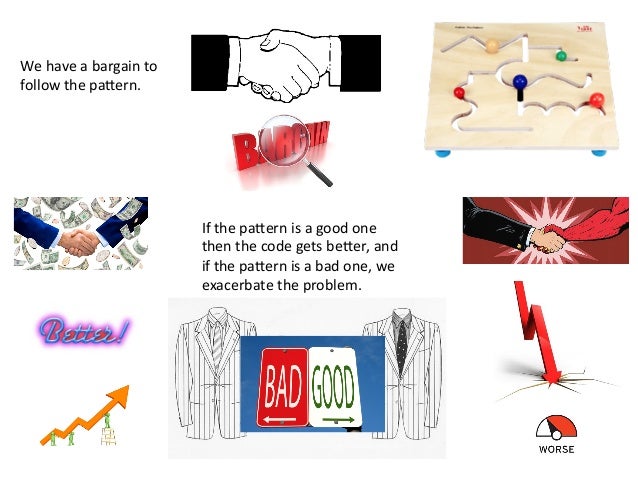


This will include your owned property, savings and investments, physical possessions, bonds, shares, royalties, insurance funds, pension funds, and liabilities. The first thing to tackle when drawing up a will is to create a list of all of your assets and debts to understand how much your estate is worth. With this in mind, Rebecca Head, consultant solicitor in the wills & probate team here at Richard Nelson LLP, has shared her top tips for making a will:
Unclaimed inheritance how to#
How to make a willīy making a will you can help to protect your loved ones after you die and ensure your possessions are distributed as you’d wished – rather than becoming an unclaimed estate. This includes – but is not limited to – your family tree, two documents of ID, as well as any marriage, birth and death certificates. If you’re not a relative but think you may be entitled then you can also make a claim from the estate.įor making any type of claim, you will need to be organised and have your official documentation ready well in advance as evidence. If an estate is not listed then you can tell the Crown about an estate you think is unclaimed. Check if the estate is listed with the Crown.If you are a relative, here is how to make a claim: How do you make a claim for an unclaimed estate? Half uncles and aunts or their children.Half brothers or sisters or their children.Brothers or sisters who share both the same mother and father, or their children.Children, grandchildren, great-grandchildren and so on.While all relatives can make a claim for an estate there is a specific order of entitlement that the Crown will follow. But – who is entitled to an unclaimed estate? If your surname is ‘Jones’, then you may be entitled to £11.7 million, coming in second highest with 78 unclaimed estates.įinally, in third place is ‘Taylor’ – having 51 unclaimed estates and an eye-watering £7.65 million attached to their name. As a result, those with the surname Smith could be owed a huge sum of £18.3 million in inheritance. Leeds ranks in third.Īlthough it’s important to note that the deceased and their relatives may not always share the same surname, according to the data, people with the last name ‘Smith’ rank first with a grand total of 122 unclaimed estates. In second place is Birmingham which has 185 unclaimed estates amounting to a total value of £27.75 million. That’s because London is home to the most unclaimed estates at 1,018. If you live in the capital, then you could be entitled to a slice of £152.7 million. The data also revealed some interesting results for the top cities to make a claim in when it comes to chasing down any inheritance. Top 25 counties for unclaimed estates Rank Rounding up the top three is Sussex where there’s a total value of £39.15 million which could be owed to eligible residents.Īcross the UK as a whole, there is more than £1 billion worth of assets which are entitled to be claimed. In second place is Surrey and with 343 unclaimed estates, people living here could earn up to £51.45 million in inheritance. With the average estate in the UK being worth £150,000, there’s a staggering £66.6 million worth of unclaimed estates ready to be claimed in God’s Own Country. Starting with counties, Yorkshire ranks first for having the most unclaimed estates with as many as 444 in total. Locations with the highest value of unclaimed estates So if you’re wanting to find out if you’re in line for a small fortune take a read of our findings. To shine a light on the unclaimed estates that currently exist in the UK and to encourage those who may be entitled to inheritance to come forwards, the wills and probate solicitors here at Richard Nelson LLP have taken a deep dive into more than 6,000 unclaimed estates in the UK.įrom this, they’ve been able to unearth the places and surnames with the highest number of unclaimed possessions. These assets could include any kind of property such as a house, money and other personal possessions.Īssets that are with the Crown can still be claimed back, but, relatives of the deceased only have a 12-year period in which they can make a claim to inherit the possessions. In circumstances where family members cannot be traced the Crown Estate will inherit your assets. This means any assets left behind are distributed according to a legal default involving your closest family members. Not only are wills designed to protect our assets, they are also there to provide people with the opportunity to determine who will inherit their possessions – providing them with peace of mind that their parting wishes will be upheld.įailing to create a will results in the rules of intestacy coming into play. With thousands of people dying without a will every year, it is clear that many of us fail to adequately prepare for our death.


 0 kommentar(er)
0 kommentar(er)
